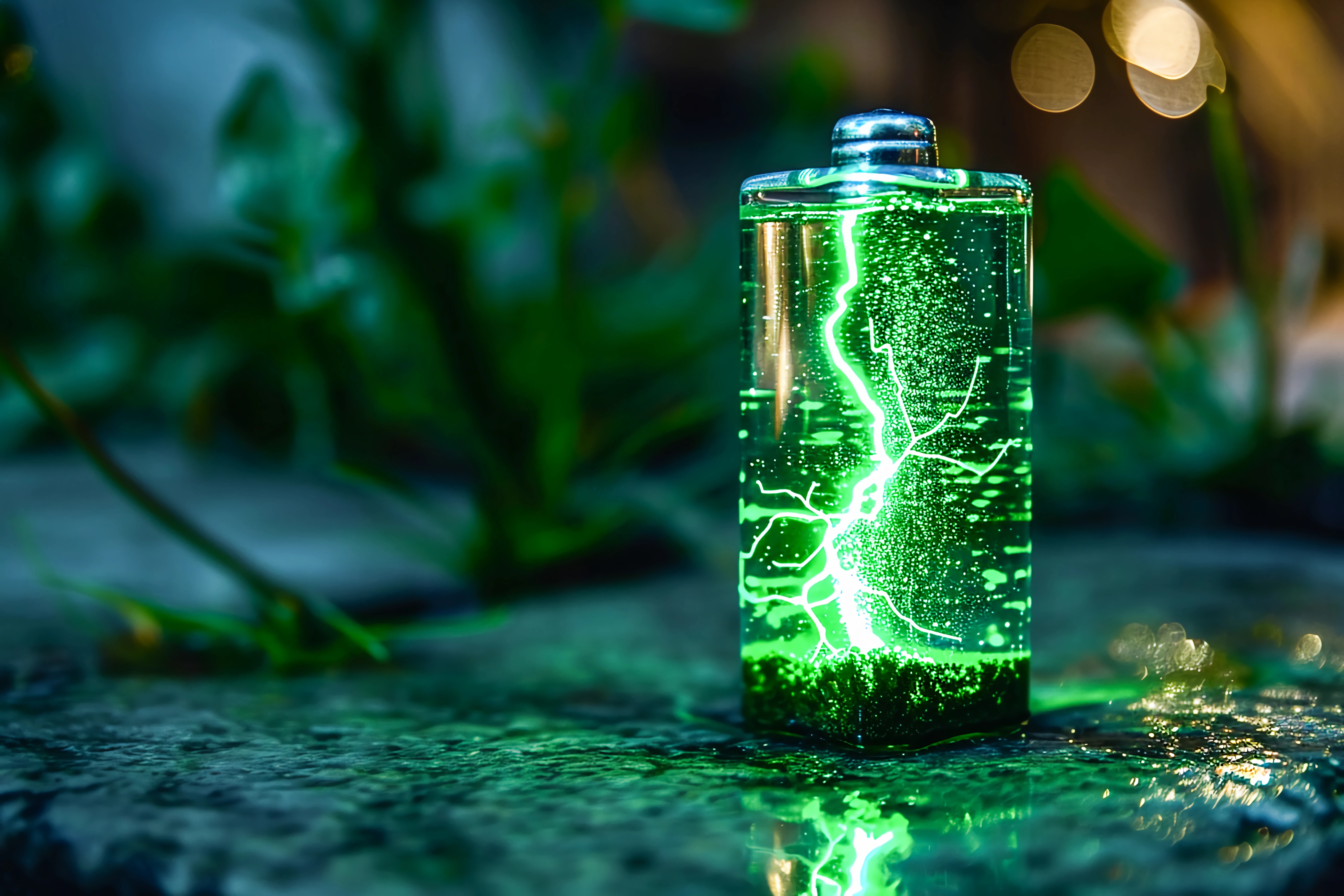
Image source: UI gallery
Interface News Reporter Zhuang Jian
Penghui Energy (300438.SZ) has once again thrown out a big investment plan, which is the third time in four months that it has announced a battery expansion project.
On the evening of November 19, Penghui Energy announced that it would invest in the construction of a 10 GWh energy storage cell and energy storage system manufacturing plant in Guangde City, Anhui Province, and build an independent shared energy storage R&D base project.
The project will be constructed in two phases, with the first phase scheduled to be completed and put into operation in September 2025.
Penghui Energy said that the investment is to further optimize the layout of production capacity and meet the needs of future business development and market expansion. The funds required for investment and expansion are self-owned or self-raised, and are expected to be raised through a combination of equity and debt.
Penghui Energy's previous two investments were announced in July and October this year, and the investment projects were energy storage cells and system integration, semi-solid-state batteries, and power square aluminum shell lithium batteries and capacitive lithium batteries.

The above projects are located in Ulanqab City, Inner Mongolia Autonomous Region and Zhumadian City, Henan Province, with a total investment of 3.3 billion yuan. Among them, the investment in energy storage cells and system integration projects is 1.8 billion yuan.
According to statistics from InfoLink Consulting, a new energy research institution, in the first three quarters of this year, Penghui Energy's energy storage cell shipments ranked eighth in the world. In addition to energy storage, Penghui Energy's lithium battery products also cover two major application scenarios: consumption and power.
In the first three quarters of this year, Penghui Energy's revenue was 5.64 billion yuan, down 1.6%; The net profit was 60.5 million yuan, down 77.9%, which was narrower than the decline in performance in the first half of the year.
Penghui Energy once explained the decline in performance in the first half of the year, mainly due to the large year-on-year decline in the price of energy storage products, and the total revenue of energy storage business declined year-on-year, but it did not disclose specific data.
As of the end of June this year, Penghui Energy's annual lithium battery production capacity was 6.874 billion ampere-hours (AH), and the lithium battery production capacity under construction was 465 million ampere-hours. In the first half of the year, the company's capacity utilization rate was 58.48%, lower than the capacity utilization level of 61.54% last year.
For reference, the industry leader CATL (300750.SZ) in the first half of this year's lithium battery capacity utilization rate was 65.33%.
In the context of overcapacity, lithium battery industry chain enterprises tend to be cautious in investment this year, and even some battery projects under construction have been postponed. During the year, CATL (300750.SZ) and Peneng Technology (688063.SH) both announced that they would slow down the construction progress of lithium battery projects.
Among them, the energy storage battery R&D and manufacturing base project of Peneng Technology in Hefei City, Anhui Province is planned to be postponed for one year, with an investment of 5 billion yuan. According to the company, due to the slowdown in market demand growth, the project was postponed based on the principle of prudence and the rational layout of production capacity construction. The first phase of the project's 5 GWh energy storage battery project was put into operation in September last year, and the remaining 5 GWh of production capacity is still in the stage of pending construction.
In addition to frequent investment in capacity expansion, Penghui Energy has also received widespread attention from the market this year due to the release of all-solid-state batteries. On August 21, after the company spoiled the news that it would launch a new all-solid-state battery, its stock price rose for two consecutive days.
Compared with traditional liquid lithium batteries, all-solid-state batteries abandon flammable and explosive liquid electrolytes and use solid-state electrolyte materials, which are regarded as "game changers" for electric vehicles.
The all-solid-state battery released by Penghui Energy on August 28 uses an oxide composite solid-state electrolyte with an energy density of 280 Wh/kg, and the overall cost is expected to be only about 15% higher than that of conventional lithium batteries. At present, the technical route of all-solid-state batteries mainly includes polymers, oxides, and sulfides.
Energy density is a key indicator to evaluate the performance of lithium batteries, Penghui Energy's all-solid-state batteries are not the best in the industry in terms of energy density, and the energy density of Jinshi batteries released by Gotion Hi-Tech (002074.SZ) this year has reached 350 Wh/kg.
At an investor briefing held in September, Penghui Energy said it also has the ability to increase the energy density of all-solid-state batteries to more than 400 Wh/kg, but the safety and industrialization process will be affected to some extent. According to Penghui Energy's plan, it will launch all-solid-state batteries with an energy density of more than 300 Wh/kg in 2025, and start pilot research and development and small-scale production in the same year, and officially establish a production line and mass production in 2026.
Ticker Name
Percentage Change
Inclusion Date